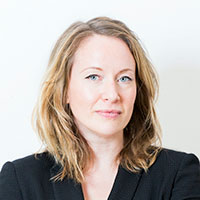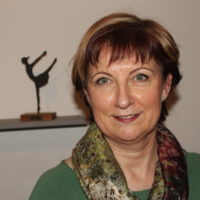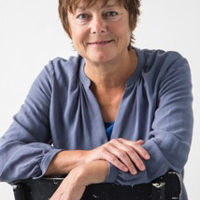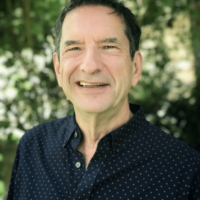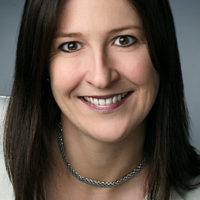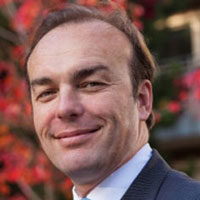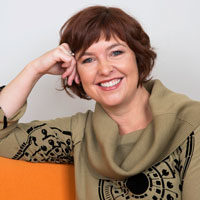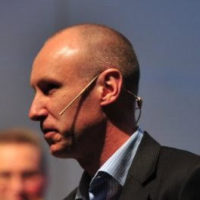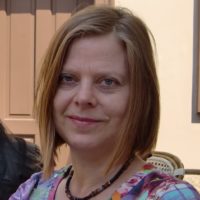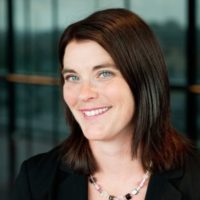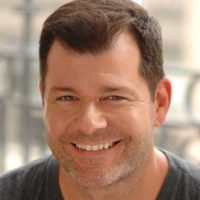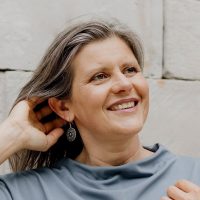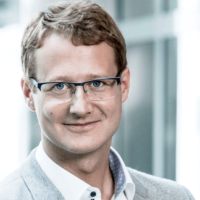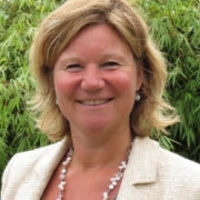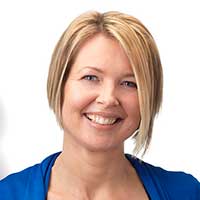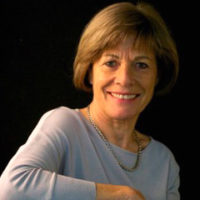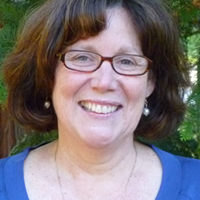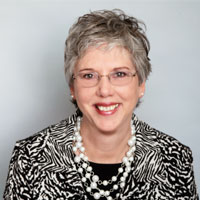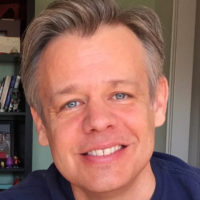It’s great to be back after a month off to write and create for the new teaching and speaking season ahead. This week, I am at my beloved Chautauqua Institution, my spiritual home, for my annual summer retreat. I’ve been visiting Chautauqua since I was 15 years old, so this summer makes 47 years. It’s an extraordinary place. Not only is it very beautiful and peaceful, the nine-week summer season includes one of the leading lecture platforms in North America as well as great daily programming in the arts, education, current events, societal awareness, and religion. There is no other place like it in the world. It’s good to be “home” again.
I chose these two particular weeks to be at Chautauqua because of the lecture themes. This week, the morning speakers are exploring “The Nature of Fear.” Next week, the focus is on “Ethics in a Digital Age.”
These two themes, of course, are incredibly timely. Thoughts about fear and ethics have been very present with me for months now. I’ve been pondering ways to show up in the world that can help us transcend fear and commit to an ethical way of being together that serves the whole of society.
Shortly before coming to Chautauqua, I watched Rabbi Lord Jonathan Sacks’ TED2017 talk. (See the video below.) The essence of his message was an invitation to move from the politics of “me” to the politics of “all of us, together.” An international religious leader, philosopher, author, a peer in the English House of Lords, and a moral compass for our times, Rabbi Sacks opened his 12-minute talk with the question: “Is there something we can do—each of us—to be able to face the future without fear?”
He posits that perhaps the simplest way to see into a culture is to ask, “What do people worship?” He wonders aloud if anthropologists of the future will look back on our time and conclude that this was an era of worshipping the “self,” the “me”, the “I.” The problem with that, he observes, is that, as a species, we humans are social animals. “When we have too much of the ‘I’ and too little of the ‘we,’ we can find ourselves vulnerable, fearful, and alone. The simplest way of safeguarding the future ‘you’ is to strengthen the future ‘us’ in three dimensions: the ‘us’ of relationship, the ‘us’ of identity, and the ‘us’ of responsibility.
You can listen to him neatly and succinctly unpack those three dimensions in the video below. However, I was particularly struck by his powerful call to awareness about identity and responsibility.
First, about identity: “When you tell the story of who you are and your identity is strong, you can welcome the stranger. But when you stop telling the story, your identity gets weak and you feel threatened by the stranger.”
Such a powerful statement. When we can speak clearly and authentically about who we are, where we came from, and what ideals we live by, then we cannot lose our footing in this world.
Telling our stories helps us know ourselves. When we truly know who we are, we become strong enough to welcome the stranger and find out who they are without feeling threatened. That allows us to listen as they tell their stories. When we can understand who they are, it is much easier to accept and respect the ways in which we are different from one another. And we can move away from a politics of “me” towards a politics of “all of us, together.”
Which takes us to responsibility. Rabbi Sacks invites us back to the opening words of the Preamble to the United States Constitution: We, the people. “We, the people” is all of us. We share a collective responsibility for our collective future. “The only people who will save us from ourselves is ‘We, the people’—all of us together. We can face any future so long as we know we will not face it alone. So for the sake of the future ‘you,’ let us strengthen the future ‘us.’”
Enjoy the video.
If you enjoyed this blog post and found it helpful or inspiring, please share it with your friends on social media by clicking on the icons below. You are also welcome to make a comment below.
You may subscribe to our free weekly newsletter by clicking here.
Related Blog Posts:



